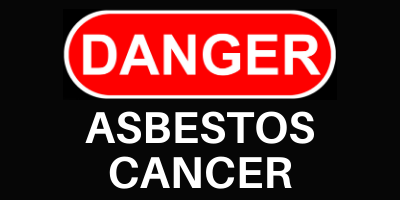Tragic Explosion at U.S. Steel Clairton Coke Works
An explosion at Clairton Coke Works occurred Monday morning causing significant injuries and two fatalities.
According to the latest confirmed reports, two people have died, one person has been rescued from the site, and at least 10 others were injured. Several individuals received treatment at the scene, though the exact number is still being determined. Among the injured are two medics who were taken to local hospitals for evaluation. The 10 injured workers were transported to area hospitals for further care.
Nearby workers described the explosions as powerful blasts that caused structural shaking and were followed by thick black smoke rising from the plant. Local officials urged residents to avoid the area to facilitate emergency operations.
The Importance of Clairton Coke Works and Associated Hazards
Clairton Coke Works is the largest coke manufacturing facility in the United States and a supplier to the steel industry. The plant converts coal into coke by heating it in ovens at extremely high temperatures, driving off volatile compounds and producing the fuel necessary for blast furnaces in steelmaking. The plant’s operations have been integral to the Pittsburgh region’s industrial economy for nearly a century.
However, coke production involves inherent risks related not only to the industrial process itself but also to environmental and public health. One of the key concerns is the release of benzene, a volatile organic compound (VOC) that emerges as a byproduct during the coking process. Benzene is classified as a known carcinogen and has been associated with a range of serious health problems. Chronic exposure can lead to blood cancers such as leukemia, multiple myeloma, and non-Hodgkin’s lymphoma. Even short-term exposure can cause symptoms including dizziness, headaches, and respiratory irritation.
The presence of benzene emissions at the Clairton facility has long been a source of environmental concern. Studies and monitoring have shown elevated levels of benzene and other VOCs in the vicinity of the plant, contributing to air quality challenges and raising public health worries for nearby communities. Residents have reported higher rates of respiratory illnesses and other ailments linked to air pollution.
In addition to benzene, Clairton Coke Works is known to have used asbestos throughout the plant in the past. Due to its ability to withstand high temperatures and its high tensile strength, asbestos was used for fireproofing and insulation. Asbestos is a known carcinogen and exposure to asbestos can cause lung cancer, mesothelioma, colon cancer, and throat cancer.
Efforts to Reduce Emissions and Regulatory Oversight
U.S. Steel has implemented various upgrades at Clairton Coke Works in recent years, including modernizing coke oven batteries and installing advanced pollution control technologies designed to reduce the release of benzene and other VOCs. Despite these efforts, regulatory agencies such as the Pennsylvania Department of Environmental Protection (DEP) have cited the plant for violations related to emissions and imposed penalties.
Beyond the immediate threat posed by fire and structural damage, the potential for chemical exposure, including benzene, coke oven gas, coal tar, ammonia, and sulfur compounds increases health risks for workers and the nearby community.
As the steel industry evolves, there is increasing emphasis on developing cleaner, safer production methods. If you or a loved one worked at Clairton Coke Works and are suffering from illness, you may be entitled to compensation. Contact Goldberg, Persky & White P.C. today for a free consultation to understand your rights and explore your legal options.
Article first appeared on gpwlaw.com/news.
